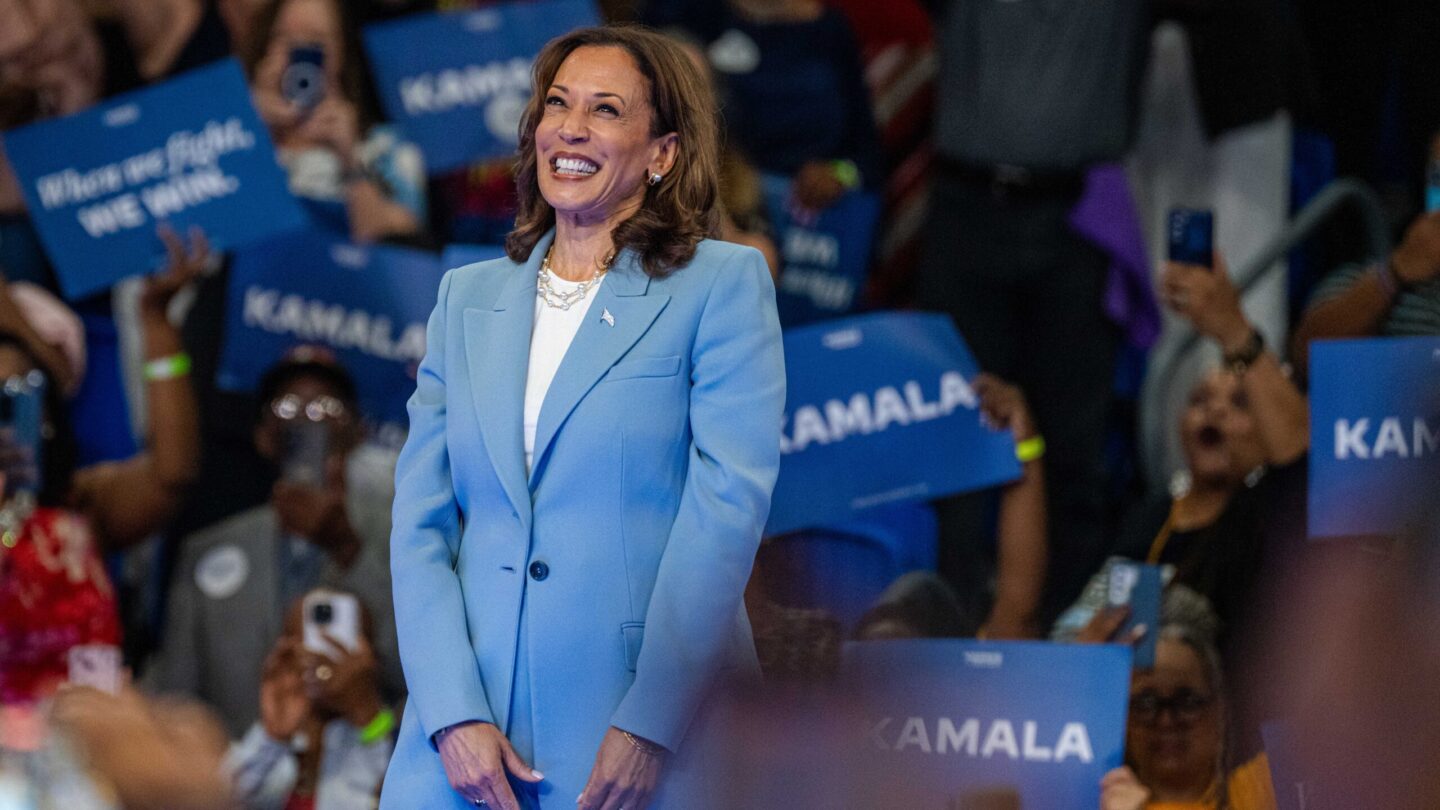3 Million Homes
U.S. Vice President Kamala Harris has launched a significant new advertising campaign to spotlight her ambitious plan to build three million new homes over the next four years.
This initiative is being positioned as a critical move to curb inflationary pressures and stands in stark contrast to former President Donald Trump’s approach to housing issues.
In a newly released minute-long ad, Harris draws on her personal background, sharing her experience of growing up in rental housing while her mother worked hard for a decade to save enough to buy a home.
The ad, which targets swing states such as Arizona and Nevada, underscores the urgency of addressing the housing crisis and is part of a broader effort by the Harris campaign to connect with voters on economic issues. This week, campaign surrogates are holding 20 events across the country, all focused on housing affordability and related topics.
Harris’s plan not only aims to boost home construction but also includes a proposal to provide up to $25,000 in assistance to first-time homebuyers. This aspect of the plan is designed to alleviate some of the financial barriers that prevent many Americans from purchasing their first homes.
The emphasis on housing comes at a time when shelter costs are exerting upward pressure on the consumer price index, with shelter costs having risen 5.1 percent over the past year, compared to an overall inflation rate of 2.9 percent, according to the Bureau of Labor Statistics.
The Harris plan also introduces tax breaks for homebuilders who focus on first-time buyers, alongside expanding existing incentives for companies that construct rental housing.
To further address the housing shortage, Harris proposes doubling the funding available to $40 billion to encourage local governments to remove zoning regulations that limit new construction. Local zoning restrictions are often cited as a significant barrier to increasing the housing supply.
In contrast, former President Trump, who built his reputation as a real estate developer, has taken a different approach. Despite the housing shortage that persisted during his presidency, Trump has focused on reducing housing demand as a strategy to lower prices.
For example, during a June speech in Wisconsin, Trump suggested that curbing illegal immigration would reduce the demand for housing and thus lower costs. Additionally, the Trump campaign has proposed opening up more federal land for home construction, with a competition to charter up to ten new cities.
Trump’s economic advisors argue that he would rein in federal spending if re-elected, which they believe would help lower interest rates.
However, Trump has also criticized efforts by Democrats to encourage the construction of apartments and condominiums in suburban and urban areas, calling such initiatives “Marxist” and warning that they would destroy property values in suburban communities.
Trump has also questioned Harris’s ability to fund her housing plan, despite also criticizing her support for tax increases and other revenue-generating measures proposed by President Joe Biden. The debate over how to address the housing crisis and broader economic issues is likely to be a central theme in the upcoming election.
The Harris campaign’s housing affordability events are being held in key battleground states, including Pennsylvania, Arizona, Nevada, and North Carolina. These events aim to highlight the real-world impact of Harris’s housing proposals and draw attention to the growing issue of homelessness in the United States.
According to a 2023 report from the U.S. Department of Housing and Urban Development, more than 650,000 Americans are currently homeless, with nearly half sleeping outside in tents or cars.
This represents a 12 percent increase from the previous year and is the highest level of homelessness since the annual point-in-time survey began in 2007. Advocates note that older adults and people of color are disproportionately affected by the crisis.
Through this campaign, Harris is positioning herself as a leader capable of addressing one of the most pressing challenges facing the nation, while drawing a clear distinction between her vision and that of her Republican opponent.
I am a dynamic professional, specializing in Peace and Conflict Studies, Conflict Management and Resolution, and International Relations. My expertise is particularly focused on South Asian Conflicts and the intricacies of the Indian Ocean and Asia Pacific Politics. With my skills as a Content Writer, I serve as a bridge between academia and the public, translating complex global issues into accessible narratives. My passion for fostering understanding and cooperation on the national and international stage drives me to make meaningful contributions to peace and global discourse.










